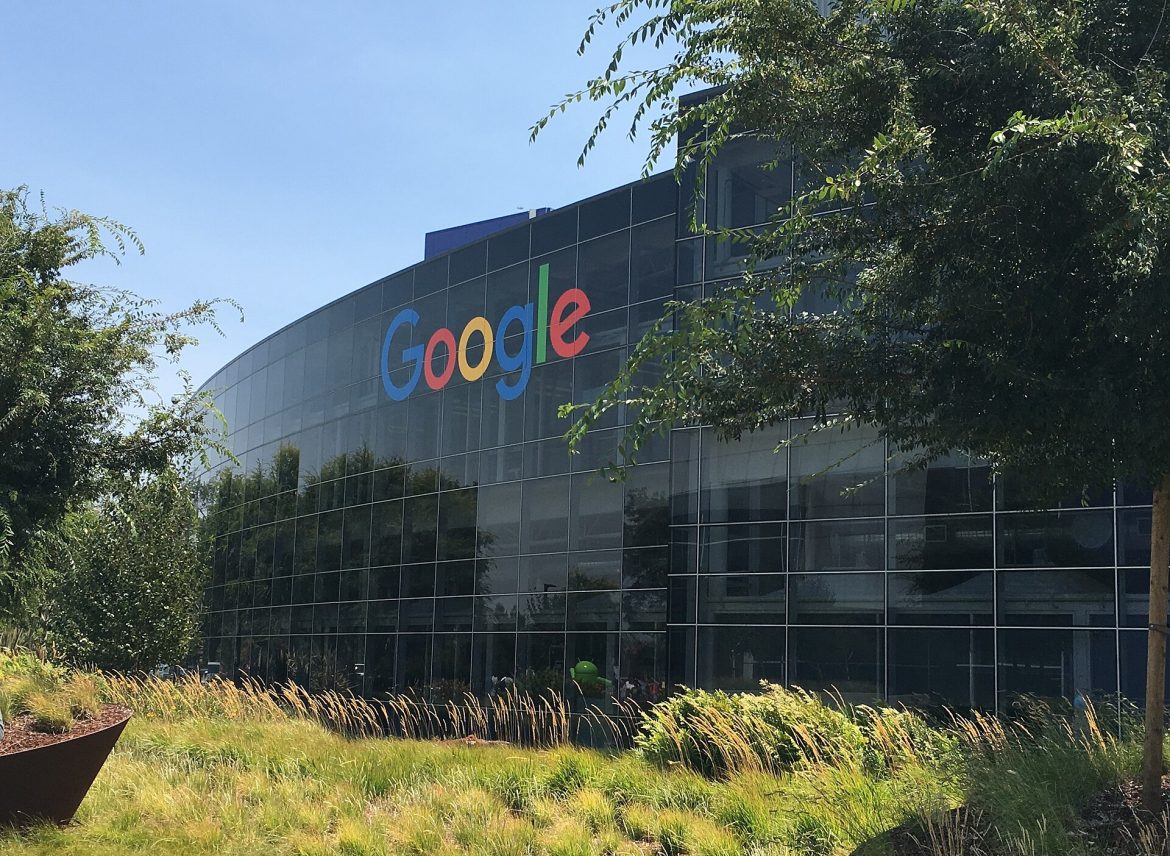Brussels, 5 September 2025 — The European Commission has fined Google €2.95 billion for abusing its dominant position in advertising technology by favouring its own services across the online display advertising supply chain. The decision orders Google to end the conduct and to address structural conflicts of interest, with the company given 60 days to set out how it intends to comply.
According to the Commission, Google holds a dominant position in two European Economic Area-wide markets: publisher ad servers (via DoubleClick for Publishers, “DFP”) and programmatic ad-buying tools for the open web (Google Ads and DV360).
The abuse, found to have occurred since at least 2014, centred on preferential treatment for Google’s ad exchange, AdX. The Commission concluded that DFP gave AdX an advantage in auctions — including by signalling the value of the leading rival bid — and that Google’s buying tools steered demand disproportionately to AdX, making it more attractive to publishers and competitors’ exchanges less viable.
The €2.95bn fine was calculated under the Commission’s 2006 Fining Guidelines, reflecting the gravity and duration of the infringement and the relevant EEA turnover for AdX. The decision notes Google’s previous antitrust penalties in the EU when assessing deterrence. Beyond the monetary penalty, the decision requires Google to cease the self-preferencing practices and to implement measures that end inherent conflicts of interest along the adtech chain.
Teresa Ribera, Executive Vice-President for Clean, Just and Competitive Transition, said Google’s behaviour “is illegal under EU antitrust rules” and that the company “must now come forward with a serious remedy”. She indicated that, failing an adequate proposal, the Commission would consider strong remedies.
Google said it will appeal, arguing the ruling is unfounded and that the required changes could harm European publishers and advertisers. The company maintains there are extensive alternatives to its tools.
The Commission signalled that structural remedies remain possible if behavioural measures do not eliminate conflicts of interest. While no divestment was imposed in the decision, Brussels has left open the option of ordering asset sales if Google’s plan is insufficient. Google must submit its compliance proposal within 60 days; the Commission will then assess whether it fully resolves the issues identified.
The case (AT.40670) follows formal proceedings opened in June 2021 and a Statement of Objections issued in June 2023. The decision focuses on display advertising not linked to search queries and addresses interactions between ad servers, demand-side tools and ad exchanges in programmatic auctions.
The ruling lands amid parallel U.S. litigation. On 17 April 2025, a U.S. federal court held that Google unlawfully monopolised open-web ad markets; a remedies trial is scheduled to begin on 22 September 2025. The Commission notes that its findings are relevant as U.S. courts consider remedies.
Today’s fine adds to earlier EU actions against Google. In 2017, the Commission fined the company €2.42bn in the Shopping case; in 2018 it imposed a record Android penalty later adjusted by the General Court to €4.125bn in 2022. A separate €1.49bn AdSense fine from 2019 was annulled by the EU courts in 2024.
The decision also recalls that any party harmed by anti-competitive conduct may sue for damages in national courts. A Commission decision constitutes binding proof of the infringement under EU law, and damages awards are separate from — and not reduced by — the Commission’s fine. European Commission
Google Faces Possible Ad-Tech Split as Court Finds Illegal Monopoly


